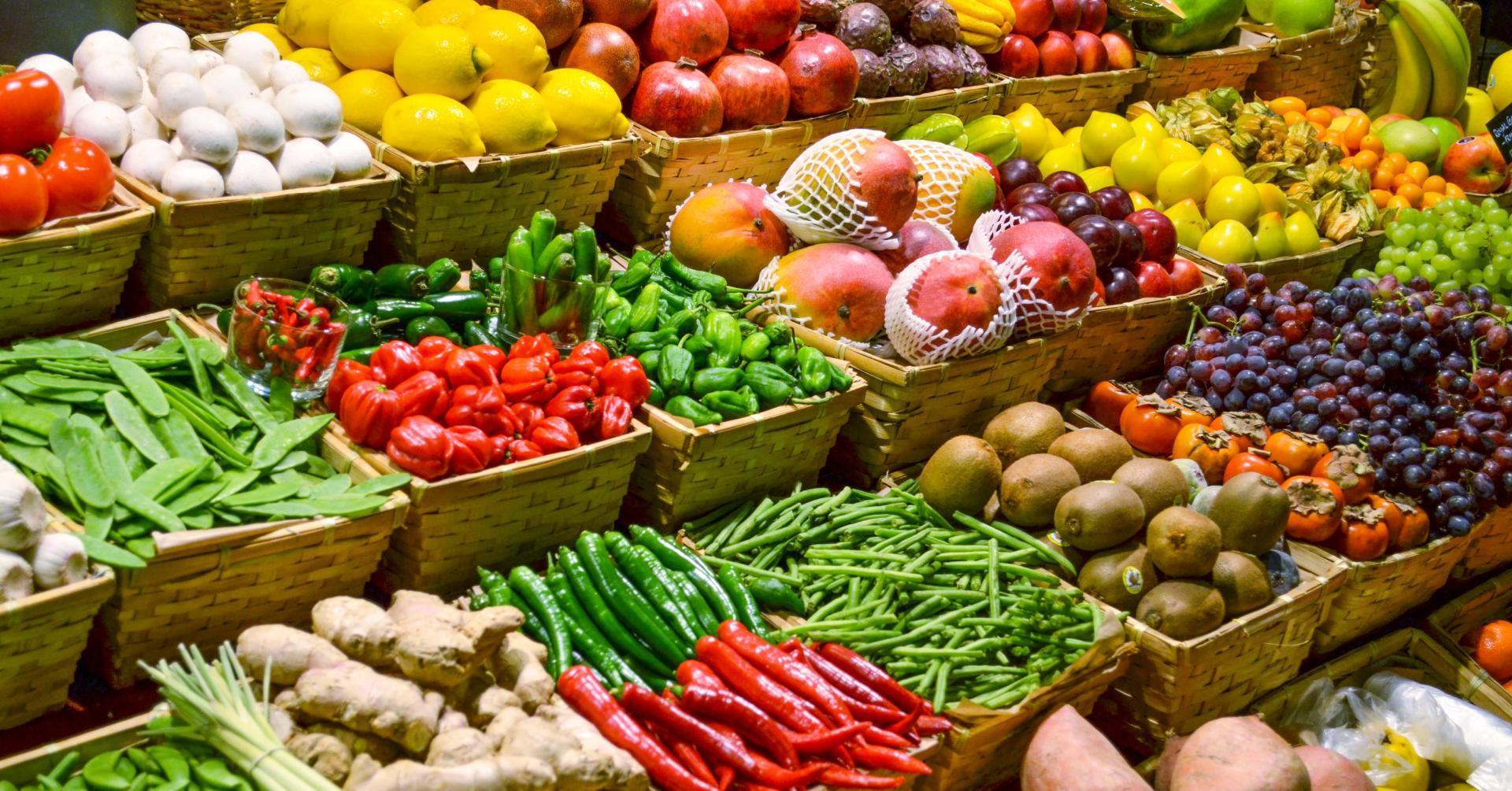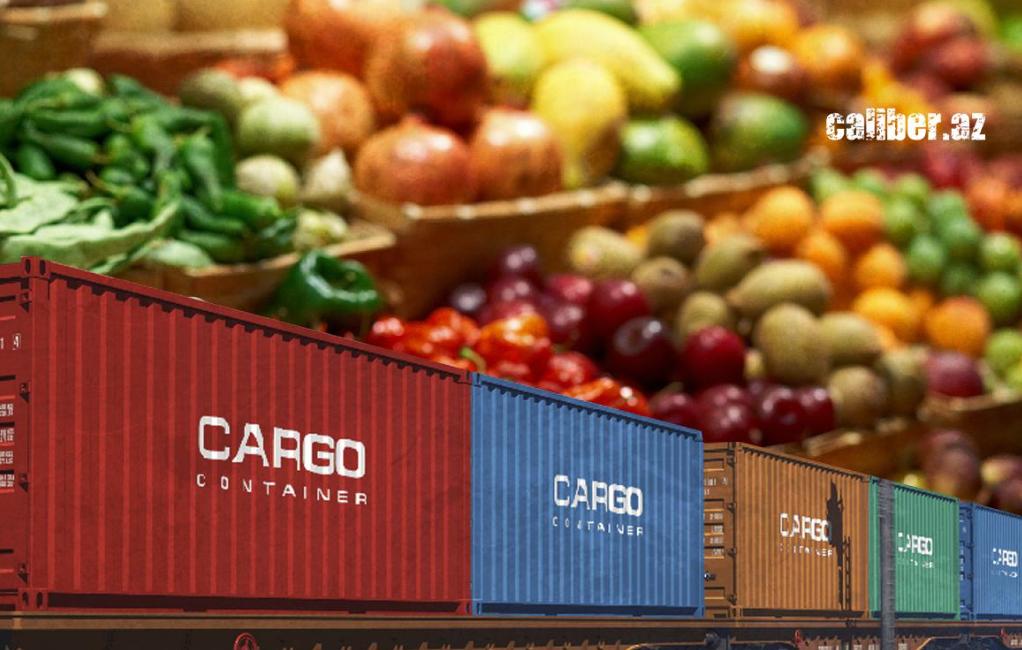Turkic countries join forces to bolster agro-industrial complex On the cusp of change
Cooperation in the agricultural sector has been on the rise among Turkic states in recent years. The member countries of the Organisation of Turkic States (OTS) are preparing to sign a food security treaty and an agreement with the UN Food and Agriculture Organisation (FAO). The main objective of the OTS is to expand cooperation in the sharing of best practices in the agricultural sector, including the systematic introduction of "smart agriculture" and the implementation of joint projects on agricultural production. The prospects for the OTS countries to work together in the agricultural sector were re-discussed at the International Agribusiness Forum in Baku.
The food crisis of recent years has exposed serious risks and shortcomings in food security in many OST countries, aggravated by the unprecedented level of global inflation. Since the first Turkic Agricultural Forum was held in Tashkent in June 2002, OTS member countries have been making consistent efforts to jointly tackle the very challenging task of ensuring sustainable agricultural production, processing, strategic reserves and, most importantly, the establishment of a system of regional cooperation in this area. It is also crucial to increase the share of agricultural products in the total trade turnover of the Turkic countries. To put this in perspective, the volume of annual trade between the OTS countries today is around $40 billion.
It should be recalled that the strategic directions of cooperation in the agrarian sphere were outlined and a relevant declaration was adopted at the second meeting of the OTS agriculture ministers and a specialised business forum held in Baku last September. Among other things, the Turkic countries agreed to implement joint investment projects in agricultural production, expand food exports, develop agricultural land in the Karabakh region, create a unified agro-information platform in the sector, and establish joint production of agricultural and food products under the OTS-made brand.

The III meeting of the Ministers of Agriculture of the OTS member countries is expected to take place in Taraz, Kazakhstan, on March 19-21, 2024, at which the main goals of agricultural cooperation are expected to have been discussed. In the run-up to this event, a number of strategic directions of the future agenda have been announced at the International Agricultural Forum held in Baku.
"The member countries of the Organisation of Turkic States are preparing to sign a treaty in the field of food security, and work is currently underway to develop this document," Omar Kojaman, Deputy Secretary General of the OTS, told participants at the Baku forum. - Climate change and the problems it causes, as well as the Russian-Ukrainian war, have increased the importance of food security, and we have included this issue on our agenda. The President of Uzbekistan, Shavkat Mirziyoyev, made a proposal to sign a treaty between the OTS countries on food security".
The Deputy Secretary General of the OTS underlined that at the end of March this year in Italy it is planned to sign a cooperation agreement between the OTS and the FAO. According to the agreement, joint work will be carried out to ensure food security and the implementation of projects in the field of agriculture.
Statistics for the last three years confirm that many OTS member countries (Azerbaijan, Kyrgyzstan, Turkmenistan, Kazakhstan) have significantly increased food expenditures in their import structure. On the other hand, the inflationary and food crises have revealed a strong dependence of agricultural and processing enterprises of the OTS countries on external supplies of raw materials, elite seeds, pedigree animals and poultry, medicines, vaccines, vitamins, as well as containers and packaging, equipment and agricultural machinery. It is an impossible task for each Turkic country to provide import substitution for these products separately; it would be much better to cooperate in order to provide the missing links of the agro-industrial complex together.
Relations with the FAO are planned to develop along the same lines, with the participation of specialists from the UN profile structure in work on digitising agriculture, joint research on agricultural food markets, climate change prevention and natural resources management (issues of efficient irrigation and restoring soil fertility). Comprehensive interaction of the Turkic countries with the FAO will contribute to ramping up the introduction of innovations, modern knowledge and advanced technologies into the economies of the countries of the Caspian region.
The OTS countries need to address another problem: the lack (insignificance) of regional agricultural cooperation platforms. To this end, the private sector will have to be stimulated for the implementation of investment projects, the establishment of joint ventures and generally the promotion of agricultural integration in the Turkic region.
"World politics is changing, agriculture and energy are coming to the fore: the OTS countries also intend to expand cooperation in the field of agriculture, it is necessary to jointly exploit the considerable untapped potential in the agricultural sphere," said OTS Deputy Secretary General Omar Kojaman in Baku the day before.
The fact that there is considerable untapped potential in agriculture is proven by statistics: today, the OTS countries, with a population of around 160 million, account for 6.1 per cent of the world's total agricultural land, including 3.9 per cent of arable land. However, the Turkic states account for only 2.2 per cent of the world's agricultural production and 2 per cent of its agricultural and processed food exports.
There is no doubt that the OTS countries still have a lot of work to do in this respect. They need to increase agricultural production, reduce costs by switching from extensive farming methods to intensive agro-technologies, and increase the share of packaged and processed agricultural products, thus ensuring a tangible increase in the added value of production. While Turkey is leading the way, similar reforms in the agricultural sector have been implemented in recent years in Uzbekistan, Kazakhstan and Azerbaijan, and most Turkic-speaking countries are now focusing on the introduction of new agro-technologies and cooperation in agricultural production.

The Azerbaijani-Turkish cooperation in the establishment of several export-oriented agro-parks in the Karabakh region is a good example of this cooperation: the first of these structures, the Dost agro-park, was launched in October 2022 in the Zangilan district. In its first phase, conditions for 3,500 cattle, as well as a feed and processing base were created here.
Cooperation between Baku and Tashkent in the sphere of agro-industrial complex is very fruitful. According to the roadmap on cooperation in the sphere of agriculture, Uzbekistan transfers to our country seeds of highly productive varieties of cotton, as well as seedlings of silkworm varieties resistant to unfavourable climatic conditions, shares rich experience in the sphere of cocoon processing, breeding of productive breeds and hybrids of mulberry silkworm. According to the agreements, the leading manufacturer of cotton ginning equipment, the Uzbek company PAHTAMASH, plans to build a primary cotton processing plant in the Karabakh region of Azerbaijan and provide assistance in training highly qualified personnel in the cotton industry. In return, Azerbaijan is helping to provide Uzbek partners with seedlings of high-yielding hazelnut varieties and training Uzbek specialists in hazelnut cultivation.
The partnership between Azerbaijan and Kazakhstan in the field of grain logistics is quite active. In April 2007, for example, the Azerbaijani company Planeta L and the Kazakh joint stock company AK Bidai Terminal became the founders of the Baku Grain Terminal, which is used to receive and transship Kazakh grain for export. In the future, Baku and Astana plan to expand their cooperation in transshipping grain to Middle Eastern markets through the Zangezur Corridor and North-South ITC projects. In turn, a logistics centre for receiving, storing, processing and transporting Azerbaijani fruit and vegetable products was built in 2016 in Kazakhstan's Aktau Sea Port FEZ at the expense of Azersun Holding's investments.








